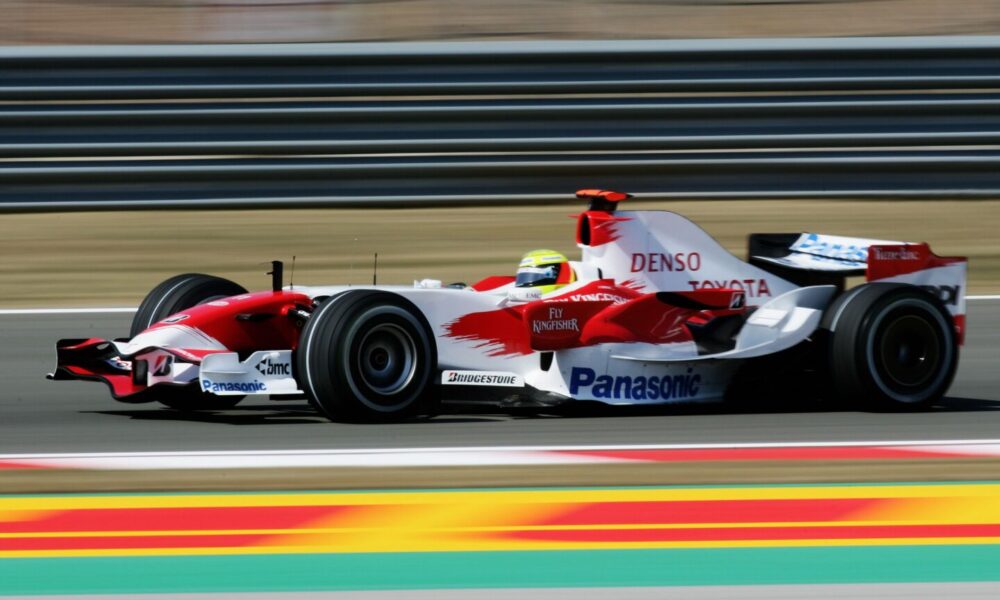As the F1 silly season continues, a rather surprising bit of rumour is that the world’s largest automaker, Toyota, is set to return to the F1 grid as early as 2025 with the Haas F1 team.
The partnership is said to start out with a sponsorship deal, possibly with a renaming on the cards. A deal akin to that of Alfa Romeo and Sauber. With the possibility of a future technical partnership on the chassis/engine development. Toyota will likely join Dallara in assisting Haas for the chassis. Other talks suggest that Haas will use Toyota’s facilities for development and manufacturing. While this means Toyota won’t be directly involved in the construction of the F1 car, it means Haas gets a huge boost in infrastructure, experience, etc; and Toyota gets a new source of income.
Toyota’s history in F1
The Japanese manufacturer has seen immense success in WEC, taking 5 consecutive 24 hours of Le Mans victories from 2018 to 2022 and WRC, clinching the manufacturers’ championship in 2018, 2021, and 2022, and the championship for drivers and co-drivers every year since 2019. It wasn’t so for its time in F1, or at least according to Toyota’s standards and ambition.
Toyota made their debut F1 in 2002. The team scored 17 podiums, and 3 pole positions but never achieved a victory. Only securing 2nd place as their best finish till they dropped out of the sport in 2009, midway through the development of the 2010 car.
What does this mean for Haas, Toyota, and F1?
Toyota’s failure was blamed on a lot of factors, this deal gave the Japanese manufacturer a second chance to right their wrongs. Haas has been on a consistent upward trajectory throughout the 2024 season. With Nico Hulkenberg scoring back-to-back P6 finishes at the Austrian and British GP, and Kevin Magnussen backing that up with commendable performances. The deal could help Haas gain the brute force of employees, resources & financial aid. Something that they have been lacking to make a meaningful impact in the sport.
F1 would most certainly benefit from having a Japanese Manufacturer in the sport. The Japanese GP attendance and the growing popularity of F1 have been steadily increasing in the country. Toyota’s return could also provide F1 with a boost to their competitiveness and financial gains.
